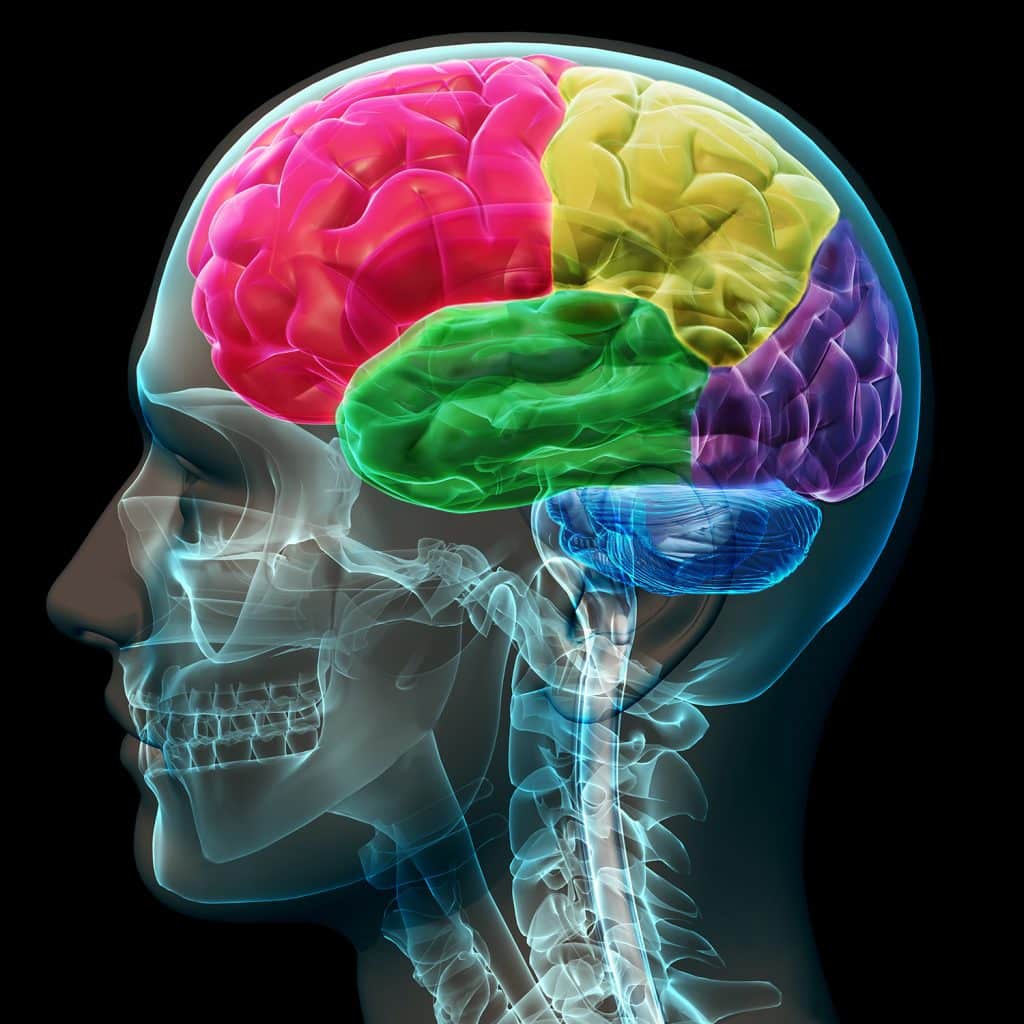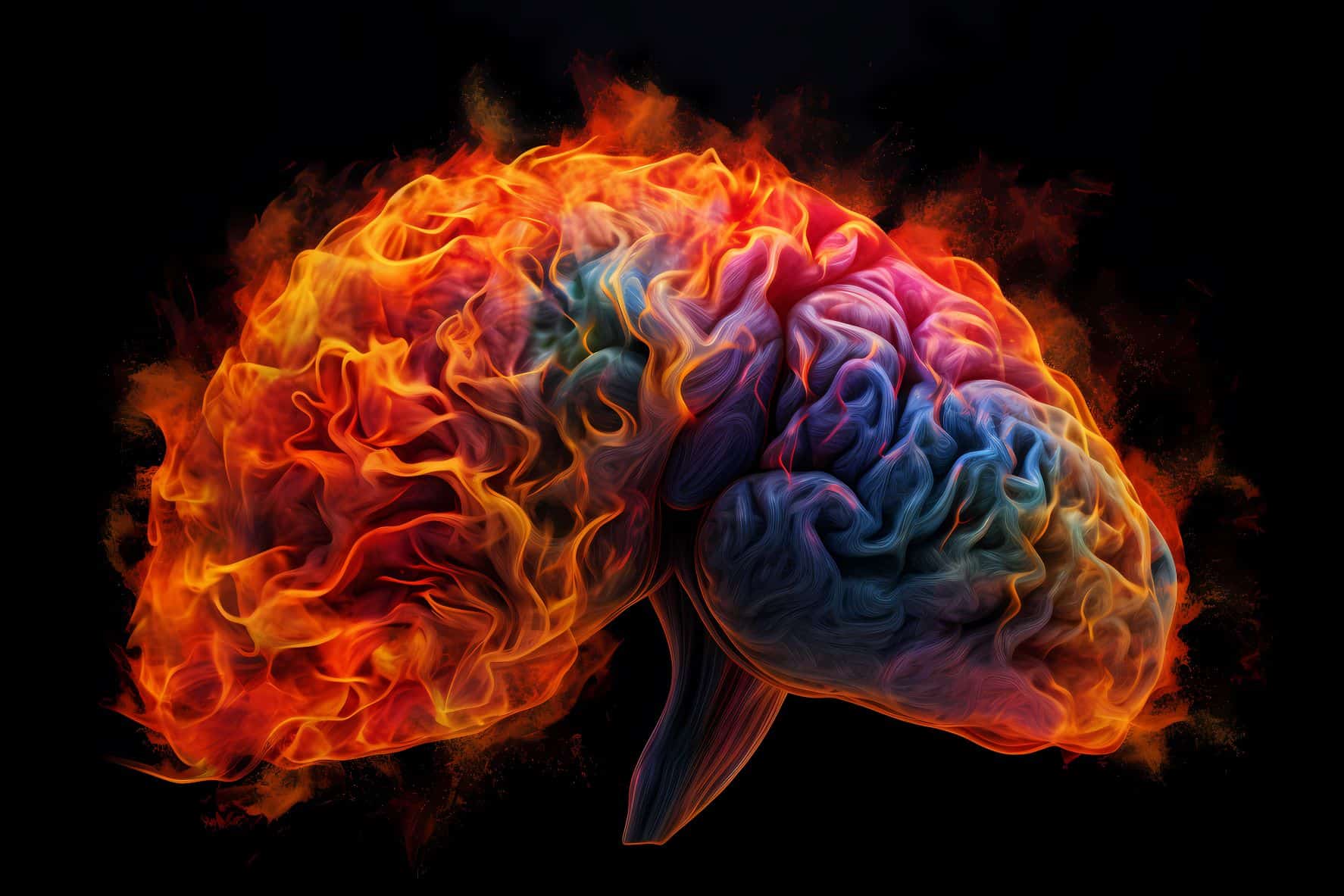Everyone gets irritable. It becomes a problem that adversely impacts your ability to perform at peak efficiency. But, for many people, it’s a low threshold from a minor annoyance to an inability to execute crucial tasks. Let’s answer the question, why do I feel so angry and annoyed?
How Anger Affects the Brain and What You Can Do to Manage It Better
First, consider there’s a link between anger and depression. Then, it’s worth considering the distinction to see if it applies in your case.
Two negative emotions with an overlap – Anger and depression are closely linked because they are both emotional states. Anger is a feeling of intense displeasure, while depression is a mental state characterized by feelings of sadness, despair, and worthlessness. Therefore, when someone is experiencing anger, it can often lead to depressed thoughts and feelings.

That’s because when someone is angry, they may feel like they are not in control of their emotions or life. That can lead to hopelessness and helplessness, key symptoms of depression. Additionally, many people who experience chronic anger may be more likely to suffer from depression due to the stress that irritation can cause.
Anger requires careful management – Anger is a natural response to being wronged and can be a positive emotion when directed at injustice. However, anger may result from other emotions, such as fear, sadness, or frustration. When you don’t manage anger correctly, it can lead to depression and other mental health issues.
Some common root causes of anger are:
- Feeling like you’re the victim of a wronging
- Being unable to control your environment or situation
- Feeling like someone has taken away your power or independence
- Having something taken from you that you value
When these things happen, you need to deal with the emotions. Placing coping mechanisms into your routine may help you alleviate the knee-jerk reactions you experience. Triggers tend to make people act almost robotically, so mindfulness is an excellent starting point. It’s worth attempting to isolate the precise causes of irritation, anger, and annoyance so you can deal with your feelings as they arise.

How To Relieve Irritation
It is essential first to identify and understand the cause of the emotion to relieve emotional irritation. Once you identify the root cause, you can begin to take steps to address the issue. Some helpful techniques for reducing emotional disturbance include:
Identifying and expressing what you are feeling – When emotions are bottled up, they can manifest physically, such as headaches, stomachaches, or other pain. However, you can begin to deal with the emotion head-on by identifying and expressing your feelings.
Taking some time for yourself – Sometimes, it is helpful to take some time for yourself to relax and clear your head. That may mean taking a refreshing bath, reading your favorite book, or walking outdoors.
Talking to a trusted friend or family member – Frequently talking about what is bothering us can help to diffuse the emotion. Talking to someone we trust can also be a great way to get support and advice.
Why Do I Feel So Angry and Annoyed? And How to Fix It
The reason for feeling annoyed and angry might be apparent. Perhaps you’re in a stressful situation with other people who are butting heads. You may be unhappy overall with something in your life, and it’s becoming a constant annoyance.
Anger is a natural response to being wronged and can be a positive emotion when directed at injustice. However, anger may result from other emotions, such as fear, sadness, or frustration. When you don’t manage anger correctly, it can lead to depression and other mental health issues.
Some common root causes of anger are:
- Feeling like you’re the victim of a wronging
- Being unable to control your environment or situation
- Feeling like someone has taken away your power or independence
- Having something taken from you that you value
These are only a few examples, but there are many other reasons someone might feel angry. If you’re unsure what’s causing your anger, talking to a therapist or counselor might be helpful. Why do I feel angry and annoyed is a question people ask daily.
There’s a clear link between anger and depression. When angry, their body releases adrenaline and other hormones that can make them feel alert and energized. However, when they release these hormones in large amounts over a long period, it leads to feelings of anxiety and depression. That’s because when the body is constantly in a fight or flight, it can’t relax and recharge, leading to physical and emotional problems.

There are a few different ways that anger can manifest itself:
Physically – You might notice that your heart rate increases, and you start to feel tense all over. You might also get red in the face and begin to sweat.
Cognitively – You might have intrusive thoughts about the person or situation, causing anger. You might also find yourself ruminating on past grievances.
Emotionally – You might feel out of control, like you’re about to explode. You might also feel like you’re on the verge of tears.
If you get angry often, you must find healthy ways to manage your anger. Some helpful tips include:
Identifying your triggers – What things tend to make you angry? Once you know your triggers, you can avoid them or prepare for them.
Counting to 10 allows you to calm down and collect your thoughts.
Breathing deeply – Taking deep breaths can help you relax and center yourself.
Visualizing a happy place – picturing yourself in a peaceful setting can help you relax and de-stress.
Exercising – Getting your body moving can help release some pent-up energy that comes with anger.
Journaling – Writing down your thoughts and feelings can help you understand and healthily process them.
Talking to a therapist – If you’re struggling to manage your anger alone, talking to a therapist can be a helpful step.
If you’re angry, finding a healthy way to express it is crucial. Suppressing your anger can lead to depression and other mental health issues. However, if you are getting angry often, it might be worth talking to a therapist to help you manage your anger healthily. If you wonder, why do i feel angry and annoyed you can change it.
Positive Thinking Helps
Positive thinking can help improve your mood for many reasons. First, positive thinking can help you feel more in control of your life and situation. That can give you a sense of relief and happiness, which can improve your mood.
Additionally, positive thinking can help you focus on the good things in your life, giving you a more positive outlook. That can also lead to an improved mood. Finally, positive thinking can help keep you motivated and hopeful, essential for maintaining a good attitude.
Updated 11/22/2023





